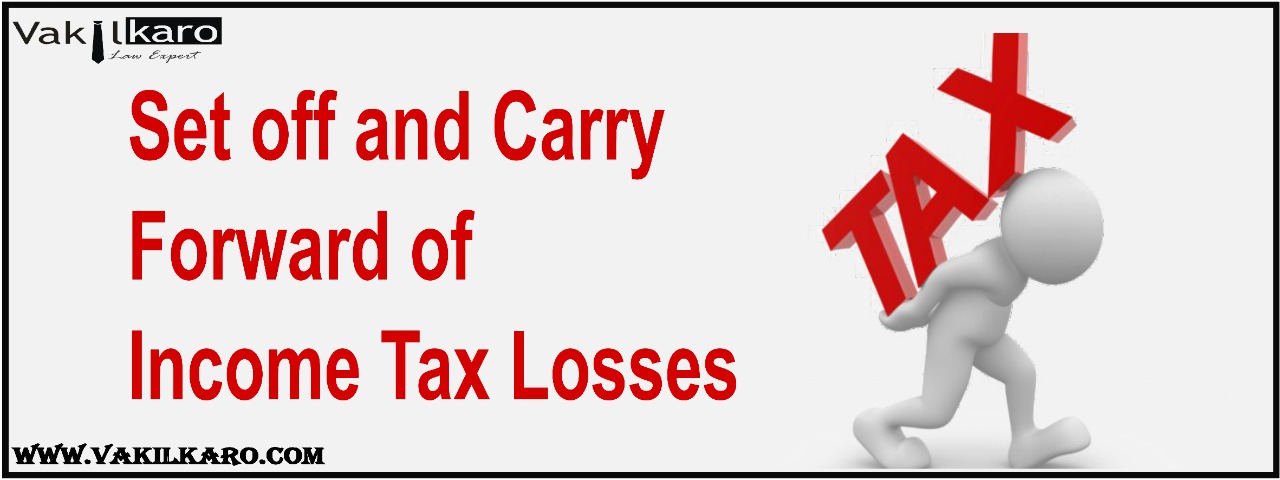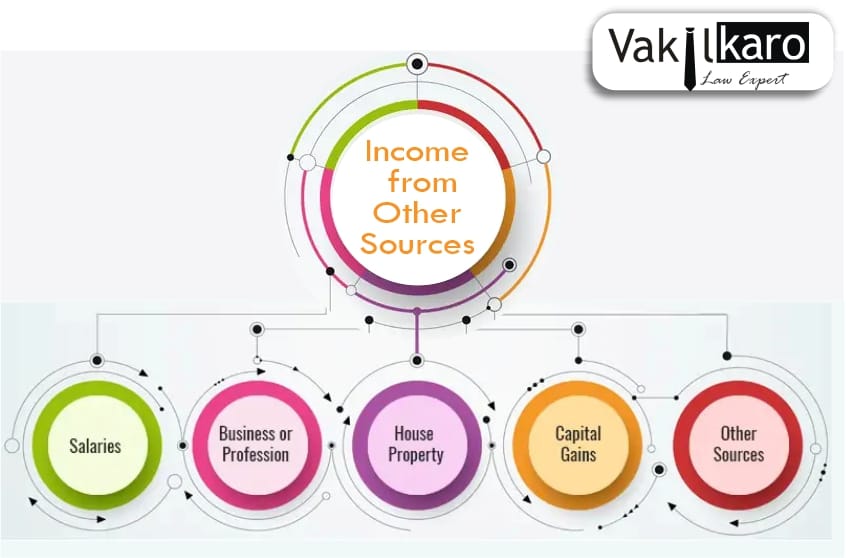What is a lease?
- A lease is a legal contract between a landlord (lessor) and a tenant (lessee) that outlines the terms and conditions of the rental of a property. It establishes the rights and responsibilities of both parties during the lease period, including rent amount, duration, renewal options, security deposit, maintenance and repair responsibilities, and restrictions on the use or modifications of the property.
- A lease agreement can be written or verbal, but it's usually recommended to have a written document to ensure clarity and avoid misunderstandings. The terms and conditions of a lease can vary depending on the type of property and the jurisdiction where the property is located.
- Leases are commonly used for residential, commercial, or industrial properties, and they can be short-term or long-term, such as a month-to-month lease or a yearly lease. At the end of the lease period, the parties can either renew or terminate the agreement.
What is the license?
A license is a legal document that grants permission to an individual or organization to use a particular product, service, or intellectual property. It's a formal agreement that sets out the terms and conditions under which the licensee can use the licensed property.
In intellectual property, such as patents, trademarks, or copyrights, a license allows the licensee to use, sell, or distribute intellectual property without infringing on the owner's rights. The license agreement typically includes the following:
- Details about the scope of the license.
- The duration of the license.
- Any restrictions on use.
- Any fees or royalties that the licensee must pay to the licensor.
Licenses can also be issued for other products or services, such as software or driving. For example, a software license grants the user the right to use the software under certain conditions, such as paying a fee and agreeing to restrictions on copying or modifying the software. Similarly, a driver's license grants the holder the legal right to operate a motor vehicle on public roads, subject to specific rules and regulations.
What is the statutory definition of lease and license in Indian law?
- In India, the definition of lease and license is provided in the Transfer of Property Act 1882.
- According to Section 105 of the Act, a lease is defined as a transfer of a right to enjoy an immovable property for a specific time in consideration of a price paid or promised or of a share of crops or other things of value to be given periodically or on specified occasions to the transferor by the transferee, who accepts the transfer on such terms.
- On the other hand, Section 52 of the Indian Easements Act 1882 defines a license as permission or authority to do something on another's immovable property, which would, in the absence of such permission or authority, be unlawful. A license is generally revocable at will and does not confer any interest in the property on the licensee.
In Indian law, a lease is a transfer of a right to enjoy the property for a specific time in consideration of payment. At the same time, a license is permission to do something on another's property, which would otherwise be unlawful, and is generally revocable at will.
Components of lease:
A lease agreement typically includes several components, which may vary depending on the specific terms and conditions of the agreement. Here are some of the critical components of a lease:
- Parties: The lease should identify the parties involved, including the landlord (lessor) and tenant (lessee), and provide their contact information.
- Property: The lease should describe the property being leased, including the address, unit number, and other relevant details.
- Term: The lease should specify the length of the lease, including the start and end dates, as well as any renewal options.
- Rent: The lease should state the amount of rent, how it should be paid, and the due date. It may also include information on late fees, bounced check fees, and other penalties for non-payment.
- Security deposit: The lease should specify the amount of the security deposit, the conditions for its return, and any allowable deductions.
- Maintenance and repairs: The lease should outline the responsibilities of both the landlord and tenant regarding maintenance and repairs, including who is responsible for repairs, maintenance, and upkeep of the property.
- Restrictions: The lease may include restrictions on the use of the property, such as prohibiting smoking, pets, or modifications to the property.
- Termination: The lease should specify the conditions under which the lease can be terminated, including notice periods, reasons for termination, and any penalties for early termination.
- Governing law: The lease may include a clause specifying which laws apply to the agreement and which court has jurisdiction in case of a dispute.
These are some of the critical components of a lease agreement, but the terms and conditions may vary depending on the jurisdiction and the specific details of the agreement.
Components of license:
A license agreement typically includes several components, which may vary depending on the specific terms and conditions of the agreement. Here are some of the critical components of a license:
- Parties: The license should identify the parties involved, including the licensor and licensee, and provide their contact information.
- Property: The license should describe the property being licensed, including any limitations on use, territories where the license is valid, and the license duration.
- Grant of license: The license should specify what rights the licensee has to use the licensed property, including any restrictions on use and limits on the license's scope.
- Payment: The license should state the amount of any fees or royalties the licensee must pay for the license, how they should be paid, and the due date.
- Intellectual property ownership: The license should specify who owns the intellectual property being licensed and the licensee's rights to use, sell, or distribute the intellectual property.
- Termination: The license should specify the conditions under which the license can be terminated, including notice periods, reasons for termination, and any penalties for early termination.
- Warranties: The license may include warranties from the licensor that the licensed property is free of defects or will meet certain standards.
- Indemnification: The license may include indemnification provisions, which means the licensee will be responsible for any damages or losses from using the licensed property.
- Governing law: The license may include a clause specifying which laws apply to the agreement and which court has jurisdiction in case of a dispute.
These are some of the critical components of a license agreement, but the terms and conditions may vary depending on the jurisdiction and the specific details of the agreement.
Similarities & differences between lease and licence:
Leases and licenses are both legal agreements that govern the use of property, but there are some critical differences between the two:
Similarities:
- A lease and a license are legal agreements involving the use of the property.
- Both agreements may involve a fee or compensation paid by the tenant or licensee to the landlord or licensor for the property's right to use.
- Both agreements may include provisions related to the maintenance and upkeep of the property and rules related to the use and occupancy of the property.
Differences:
- A lease grants an exclusive tenant possession of the property for a specified period. In contrast, a license grants a licensee the right to use the property for a specific purpose but does not grant exclusive possession.
- A lease creates an interest in the property for the tenant, while a license does not create any interest for the licensee.
- A lease generally requires notice and an eviction process to remove the tenant from the property, while the licensor can terminate a license more quickly.
- A lease typically involves more comprehensive terms and conditions than a license.
Overall, leases and licenses are useful tools for property owners who want to allow others to use their property, but they serve different purposes and have different legal implications.
Vakilkaro is a Best Legal Services Providers Company, which provides Civil, Criminal & Corporate Laws Services and Registration Services like Private Limited Company Registration, LLP Registration, Nidhi Company Registration, Microfinance Company Registration, Section 8 Company Registration, NBFC Registration, Trademark Registration, 80G & 12A Registration, Niti Aayog Registration, FSSAI Registration, and other related Legal Services.
Contact India's best Legal Firm, Vakilkaro, today. You can give us a call at 9828123489 or may write an Email also at help@vakilkaro.co.in. We are here to serve you 24/7.
"Happy Customer serves the company success"- we aim to achieve this through our legal services."
Why should you trust Vakilkaro?
- 100% guaranteed satisfaction
- Largest Network across India
- Easy to Hire
- Provides legal service in easy language.

 +91 9828123489
+91 9828123489 +91 9828123489
+91 9828123489 help@vakilkaro.co.in
help@vakilkaro.co.in.png)








.png)




.png)
.png)
.png)
.png)

 +91 9828123489
+91 9828123489 help@vakilkaro.co.in
help@vakilkaro.co.in